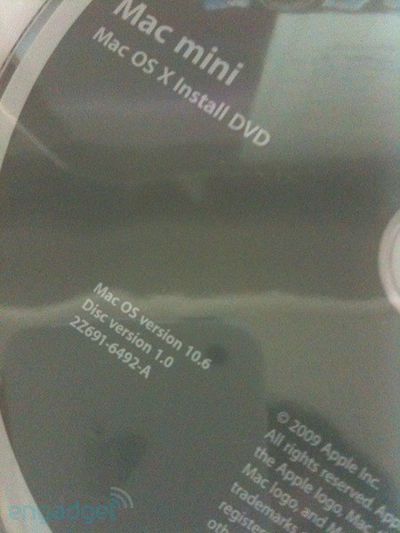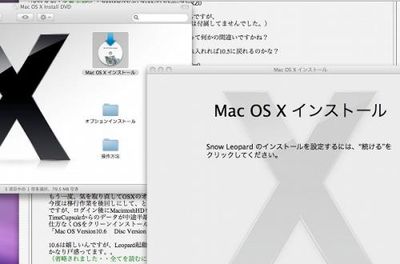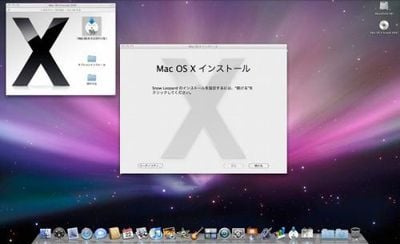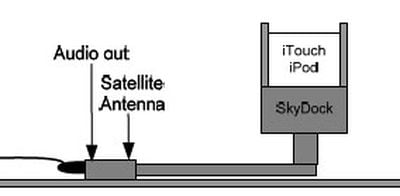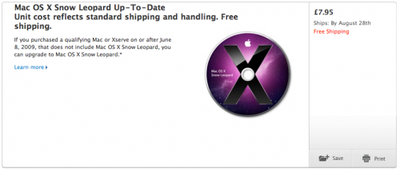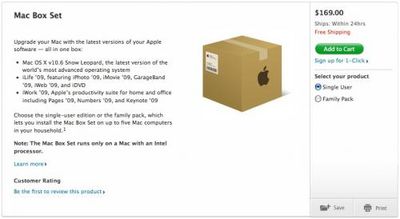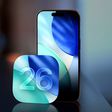As noted earlier today, Apple was expected to file comments with the U.S. Federal Communications Commission regarding their purported rejection of the Google Voice iPhone application. Apple has complied and published their response to the FCC in the Hot News section of Apple.com.
Starting off with background information on the iPhone and the App Store, Apple notes that the App Store now "offers over 65,000 iPhone applications, and customers have downloaded over 1.5 billion applications" and that it has "fostered competition as other companies (e.g., Nokia, Microsoft, RIM, Palm and Verizon) seek to develop their own mobile platforms and launch their own application stores." In describing the App Store approval process, criteria that serves to "protect consumer privacy, safeguard children from inappropriate content, and avoid applications that degrade the core experience of the iPhone" are listed and most rejections are based on bugs, with attempts made to provide feedback to the developer to help them improve it and increase the chances of an app's approval afterward.
In response to the question about the rejection of the Google Voice app, Apple states:
"Contrary to published reports, Apple has not rejected the Google Voice application, and continues to study it. The application has not been approved because, as submitted for review, it appears to alter the iPhones distinctive user experience by replacing the iPhones core mobile telephone functionality and Apple user interface with its own user interface for telephone calls, text messaging and voicemail. Apple spent a lot of time and effort developing this distinct and innovative way to seamlessly deliver core functionality of the iPhone."
Additionally, the response describes how the Google Voice application fails to make use of the Visual Voicemail feature and the native Messaging app, as well as the fact that it uploads a user's Contacts list to Google's servers with no "assurances from Google that this data will only be used in appropriate ways." Apple commits that it is still "continuing to study the Google Voice application and its potential impact on the iPhone user experience."
Regarding the role of AT&T in relation to the Google Voice app, Apple clearly explains that AT&T has no role in the app approval process, nor does anything in Apple's contract with AT&T have any bearing in this situation. It is noted, however, that the agreement with AT&T does require Apple to not "include functionality in any Apple phone that enables a customer to use AT&Ts cellular network service to originate or terminate a VoIP session without obtaining AT&Ts permission," which clearly provides the reasoning behind the Wi-Fi-only functionality of the Skype VOIP app and other similar apps.
Apple's response to Question 6 provides further details on the app approval process, describing that there are "40 full-time trained reviewers" and that "at least two different reviewers study each application so that the review process is applied uniformly." Apple also reveals there is also an executive review board that oversees policies and procedures and reviews apps escalated because they "raise new or complex issues."


